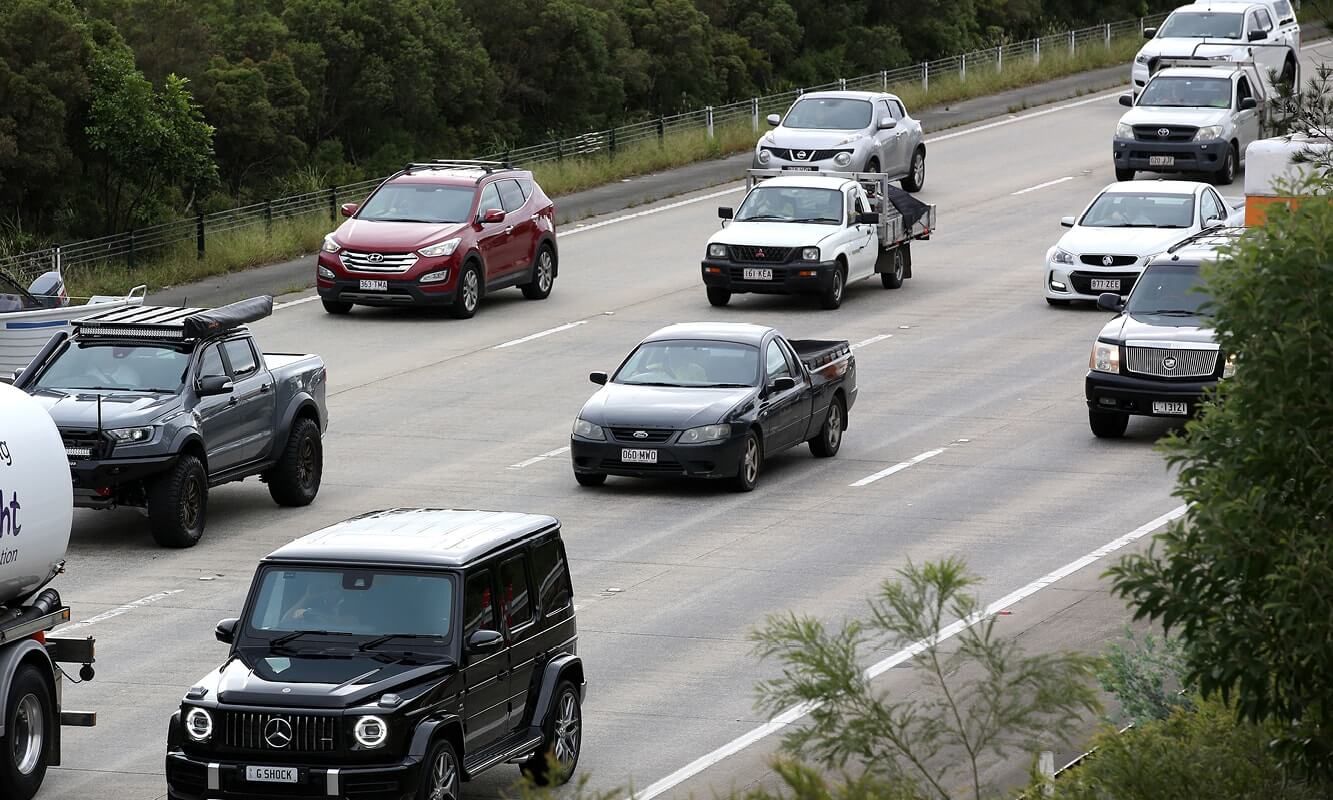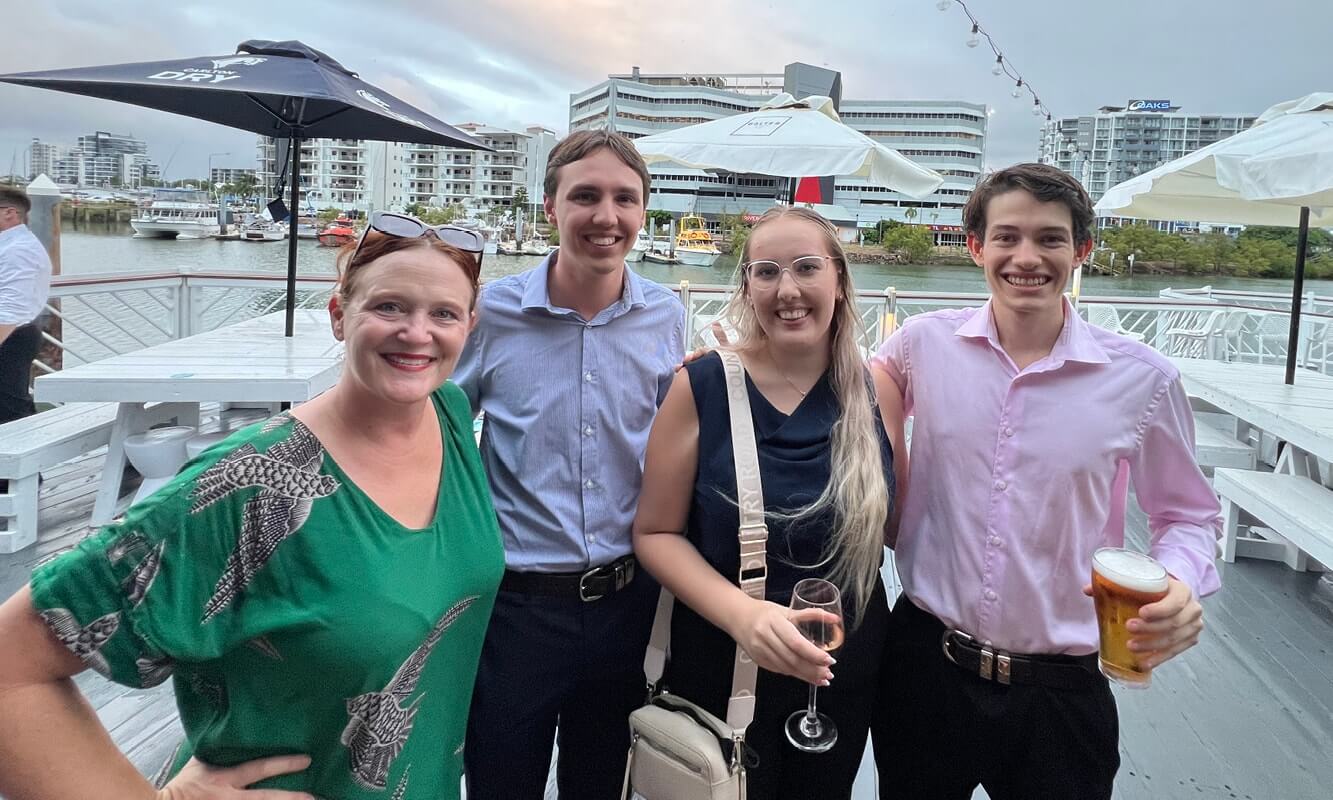Networking over a drink or two has long been a part of the way the legal profession does business, as it is for many of our clients.
However. the recent Fair Work Commission decision of John Keron v Westpac Banking Corporation1 is a sharp reminder that what happens at these networking sessions can have consequences in the workplace.
Mr Keron (the applicant) attended an official networking session which followed a training event, and his employer (Westpac) arranged for free drinks at the networking for two hours. The applicant and several other employees partook of the free drinks, and stayed on afterwards, purchasing their own drinks.
The applicant became involved in two incidents which became the subject of an internal investigation. The first involved inappropriate touching of a female colleague (referred to in the decision as ‘Witness A’), which consisted of touching her buttocks and waist; footage of the incident from security cameras confirmed the allegation, and also that the female employee had earlier rubbed his back, and also leaned into him after the inappropriate contact.
The second incident followed an attempt by the applicant to enter a casino later in the night which was unsuccessful, with security guards refusing him entry. Another female colleague had urged the security guards not to let the applicant in and he subsequently verbally abused his colleague due to her intervention with the security guards; the applicant used expletives and offensive language during this incident.
The incidents led to an internal investigation, which recommended the applicant be issued with a ‘show cause’ notice, but Westpac elected to terminate his employment immediately. The applicant brought an application for unfair dismissal, which was unsuccessful.
The Fair Work Commission found that the first incident had sufficient connection to the applicant’s employment to be covered by Westpac’s policies, but that the second incident did not. It also found that the dismissal was not harsh, unjust or unreasonable, noting that the bar for consent in relation to physical and sexual interactions had been raised, and that was even more the case in work situations.
Importantly, in relation to the first incident, the commission noted that, “While Witness A’s conduct of itself may well have constituted a breach of the Westpac policies it does not of itself provide a defence for Mr Keron’s behaviour.”2
In addition, the commission was highly critical of Westpac’s choice of networking venue, stating, at [275]:
“…Westpac should give consideration to whether the location they chose for networking events is one which all employees feel comfortable attending. They should also give consideration to whether the service of alcohol is necessary or even an appropriate element of work-related events given the poor judgement often associated with the consumption of alcohol. If alcohol is a necessary element of the event Westpac should ensure that its employees are safe during the course of the event, that there is a clear conclusion to the event and that the safe departure of employees is facilitated.”
The commission was also satisfied that the networking drinks had sufficient connection with the applicant’s employment to be subject to Westpac’s sexual harassment policy. The commission noted that, despite the fact that the function was held in a different location to the training, was not compulsory, and did not involve Westpac uniforms or signage, there was still a connection to employment.
The commission considered the fact that the group had no connection outside of employment, and were socialising together and at the particular location only because they had attended the same training, supported the conclusion that the networking session and the socialising that followed were both connected to the applicant’s employment.
Takeaways
The decision shows that the networking sessions and other social occasions that follow on from training sessions – or otherwise have employment as their genesis – may have a sufficient connection to employment to be covered by workplace policies and codes of conduct.
It also shows that employers have an obligation to take those polices (and their stated values) into account when selecting networking activities and venues. Points to which law firms (and their clients) might turn their minds include the following:
- Is a function with alcohol appropriate?
Not every networking session or group activity need involve alcohol; discussing options with staff may assist in getting the format right.
- Consider subsidised, rather than free, alcohol.
When alcohol is offered free, and especially only for a limited time, staff may drink more (and more quickly) than they normally would. If they are paying for drinks, albeit at a reduced rate, they are more likely to self-regulate.
- Always have senior members of the firm on hand to ensure safety of staff.
If a networking session is to include alcohol (or any activities which carry some risk) employers have a responsibility to provide some oversight; the presence of senior staff will also help to ensure employees remember they are at a staff event and should behave accordingly.
- Ensure catering/bar staff are aware that you expect them to fulfil their duties in relation to the responsible service of alcohol, and that the people paying the bills will back them on this.
There is nothing special about a work event or free drinks which relieves bar staff of their duty to refuse to serve intoxicated people. If they know organisers of the function expect that, and will support them in it, their task becomes easier.
Remember, the purpose of polices, codes of conduct and the training that goes with them is to stop incidents like this occurring, not cover the firm when they do. As ever, prevention is much better than cure.
Shane Budden is a Special Counsel, Ethics, with the Queensland Law Society Ethics and Practice Centre.
Footnotes
1 [2022] FWC 221.
2 At [198].














Share this article